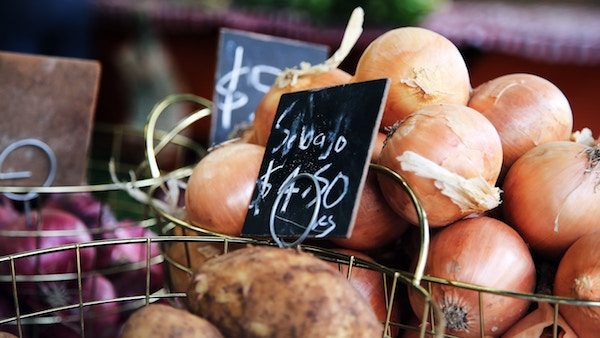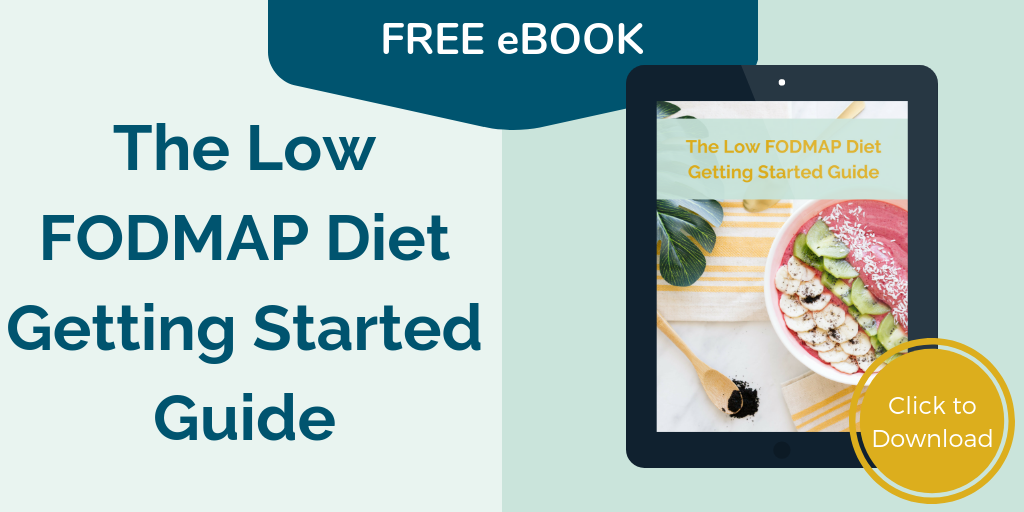Low FODMAP Onions
Large Pickled Onions Are Low FODMAP But Small Pickled Onions Still Get A Red Light
FODMAP Update
Low FODMAP Onions
Headline: Pickled onions … more questions than answers??
What You Need to Know:
Low FODMAP onions exist! We once thought all onions were high in FODMAPs, but it turns out more testing from Monash has revealed that large pickled onions are low in FODMAPs while small pickled onions are high in FODMAPs.
Large pickled onions contain lower levels of fructans compared to small pickled onions (which are high in fructose).
Why the difference? It is thought that the canning process of large onions reduces water-soluble fructans leading to lower levels of FODMAPs in large pickled onions.
Small pickled onions aren’t processed in the same way to allow the FODMAPs to leach out – they are just placed in the vinegar instead of enduring a lengthy processing in the vinegar.
Related Links:
Canned and Fermented Foods & FODMAPs
Culinary Basics for Low FODMAP Cooking
Finding FODMAPs: How to Use the Monash Low FODMAP App
Challenging and Reintroducing FODMAPs
The first step if you’re looking to improve irritable bowel syndrome (IBS) or another digestive disorder or disease, is to understand more about the Low FODMAP diet and if it can help. Download my free eBook to help you better understand this diet and get started implementing simple steps to get rid of symptoms like gas, bloating, pain, diarrhea or constipation related to IBS. Click here to get a copy emailed to you right away.
Research Update
Gut Bacteria Influence The Brain
Headline: Differences in gut microbial composition correlate with regional brain volumes in IBS
What You Need to Know:
While many studies on the gut microbiome have been conducted on mice, this study used human subjects to investigate the link between the gut microbiome and IBS.
Researchers found that people with IBS showed differences in their gut microbiome compared to healthy individuals without IBS.
Differences in brain structure between the people with IBS and the healthy controls were also observed. Most notably, there was a difference in the size of certain areas of the brain:
- The area of the brain involved in pulling together sensory information was larger in those with IBS
- The area of the brain involved in dealing with emotions and cognitive functions was smaller in those with IBS
The interaction between the bacteria in the gut and the brain are complicated and we are only in the beginning stages of understanding this feedback loop.
Related Links:
3 Things You Need to Know About Your Gut
Loving Yourself: Take a Step Back and Nurture Your Neurons
Media Update
Belly Breathing for Symptom Relief
Headline: Irritable Bowel Syndrome: Belly breathing can relieve symptoms of the painful condition
What You Need to Know:
Mindfulness techniques can help relieve symptoms and break the IBS-stress cycle.
Taking a few minutes out of your day to help ease emotional tension and rebalance your system can help keep stress levels in check and symptoms at bay.
Having a few items on hand as a part of your mindfulness strategy to decrease stress and anxiety help you manage symptoms on-the-go: essential oils, digestive teas a good book or your running or walking shoes are just a few suggestions.
Belly breathing can help you be present and focus on your breath by relieving stress and bringing an elevated heart rate down.
Related Links:
How to Form a Healthy, Happy, Fulfilling Relationship with Food


